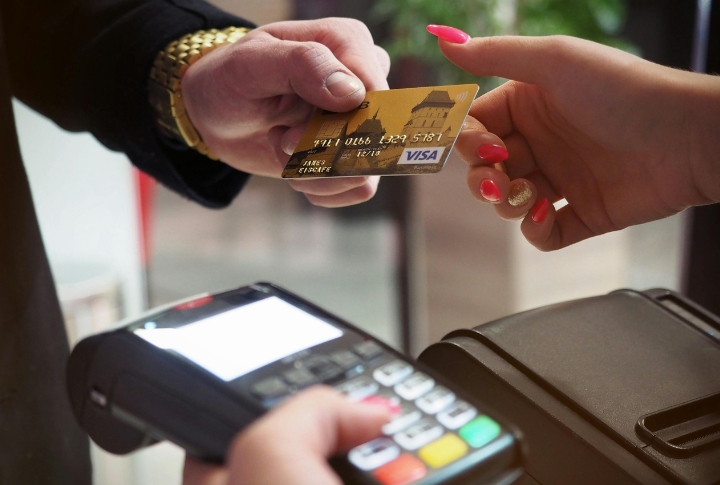
That rush when you hit “add to cart” feels harmless, right? But what if those quick clicks are quietly shaping your spending habits? Impulse buying is about shiny deals and clever triggers that retailers know too well. This eye-opening rundown uncovers subtle behaviors that reveal how easily we fall for them. If at least 3 signs sound a little too familiar, you better find remedies.
You Shop To Feel Better

When life feels heavy or boring, shopping can feel like a quick fix. Many people turn to spending for comfort, using new things to lift their mood. It might help for a moment, but those emotional purchases often pile up faster during tough or uncertain times.
You Feel A Rush Right After Buying Something

That little burst of happiness after you click “buy now”? That’s your brain releasing dopamine—the same chemical tied to pleasure and rewards. Psychologists call it “present bias,” and it’s why some people shop for the thrill, not the item itself.
You Regret Your Purchases Soon After

At first, shopping feels exciting, yet the high fades fast. Then comes the guilt, sometimes within hours or days. People who shop impulsively even hide what they buy and return items quietly, or feel ashamed about spending way too much.
You Keep Buying Things You Already Have

Impulse buying rarely happens by chance. Marketers intentionally craft visuals and messages that tap into your sense of lack to convince you to replace what doesn’t need replacing. Over time, those emotional decisions fill your space with clutter instead of real satisfaction.
You Can’t Stick To Your Budget

It’s easy to lose track when spending feels harmless. That’s why setting a “fun budget” matters—it lets you enjoy buying without guilt or surprise expenses. When those limits vanish, missed payments and mounting stress often appear right behind them.
You Can’t Resist Flash Sales

Those limited-time alerts are built to make you panic. Marketing experts know scarcity heightens the desire to turn calm shoppers into quick spenders. The problem is that once the clock runs out, you realize the urgency was never real, just persuasion in disguise.
You Justify Buying Things For “Someday”

We’ve all done it: bought something we might use later. A dress for an event that doesn’t exist or tools for a hobby you’ll “start soon.” These “someday” buys are a classic sign of impulse shopping disguised as preparation.
You Get Restless When You Haven’t Bought Anything

That calm after a shopping spree fades faster than you think. Once the thrill fades, restlessness sets in, leaving you uneasy and distracted. Your brain is craving another dopamine hit, the same feel-good chemical that fuels addictive habits.
You Shop Late At Night

Late-night scrolling meets emotional vulnerability, and that’s exactly when online ads strike hardest. With one quick tap and payment details already saved, resistance becomes nearly impossible. Shopping in those quiet hours feels comforting in the moment, but it almost always ends in morning-after regret.
You’ve Opened Multiple Credit Cards To Fund Purchases

Check your credit card statements—if you’re opening new accounts or using “buy now, pay later” just to keep shopping, that’s a big warning sign. Maxed-out cards and missed payments aren’t just bad luck; they show your spending might be getting out of control.
